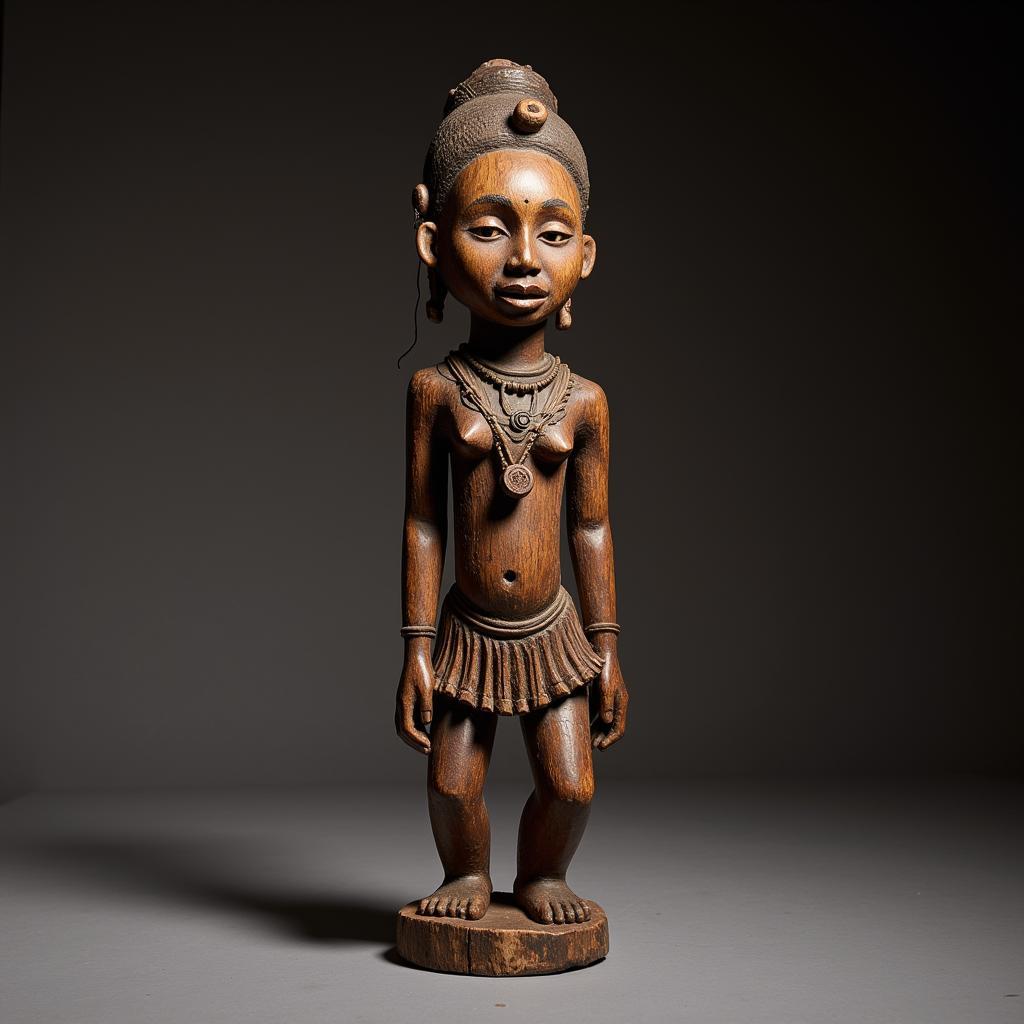Exploring the Diversity of the African Accent
The African Accent, a topic often oversimplified, is as diverse and fascinating as the continent itself. From the melodic tones of Swahili to the rhythmic clicks of Khoisan, the term encompasses a multitude of distinct pronunciations, cadences, and linguistic nuances. This article delves into the rich tapestry of African accents, exploring their origins, influences, and the misconceptions that often surround them.
Unpacking the Myth of a Single African Accent
One of the most common misconceptions is the idea of a singular African accent. This generalization ignores the sheer linguistic diversity of the continent, home to over 2,000 languages. These languages belong to various families, each with its own unique phonetic characteristics and rhythmic patterns. Assuming a single African accent is like assuming a single European accent – it overlooks the distinct differences between, say, a French accent and an Irish one. To truly understand the complexity of African accents, we need to appreciate the influence of language families, colonial history, and socio-cultural factors. For example, an african accent reading app could be a useful tool for learning more about specific regional pronunciations.
The Influence of Language Families on African Accents
Africa’s language families play a pivotal role in shaping accentual variations. The Niger-Congo family, the largest in Africa, encompasses languages like Swahili, Zulu, and Yoruba, each with distinct tonal qualities and rhythmic structures. The Afro-Asiatic family, including Arabic, Berber, and Hausa, introduces different phonetic features, such as emphatic consonants and unique vowel systems. Understanding these linguistic foundations is essential to recognizing the nuances of African accents. Imagine the tonal variations in Swahili, where the meaning of a word can change depending on the pitch, compared to the click consonants found in Khoisan languages – these differences demonstrate the vast spectrum of sounds and pronunciations across the continent.
Regional Variations Within Language Families
Even within language families, regional variations create further diversity in African accents. Take, for example, the various dialects of Arabic spoken across North Africa, each carrying its own distinct pronunciation and cadence. Similarly, within the Niger-Congo family, the accents of West Africa differ significantly from those of Southern Africa, reflecting local linguistic influences and cultural interactions.
Colonial History and its Impact on African Accents
The colonial era also left an indelible mark on African accents, particularly through the introduction of European languages like English, French, and Portuguese. In many African countries, these languages are now official languages, coexisting with indigenous languages and often influencing pronunciation and intonation. This has led to the development of unique accents that blend African linguistic features with European language structures. You might find some interesting parallels when looking at african accent furniture and how it blends different cultural influences.
The Emergence of Hybrid Accents
The interaction between African and European languages has resulted in the emergence of hybrid accents, where speakers incorporate elements of both into their speech. These accents are a testament to the dynamic nature of language and the ongoing evolution of communication in a multicultural context. Some people even experiment with tools like an african accent voice changer for fun or to explore these different accents.
Socio-Cultural Influences on African Accents
Beyond language families and colonial history, socio-cultural factors also play a role in shaping African accents. Urban and rural communities, different educational backgrounds, and even individual stylistic choices can influence pronunciation and intonation. For instance, a person’s educational background might influence their fluency in a colonial language, which in turn, shapes their accent. Even african accent jokes can provide insights into how accents are perceived and used within different communities.
Why Understanding African Accents Matters
Appreciating the diversity of African accents is crucial for fostering cross-cultural understanding and challenging stereotypes. It allows us to move beyond simplistic generalizations and embrace the richness and complexity of African communication. An african accent translator may aim to bridge communication gaps, but true understanding comes from appreciating the nuances of different accents.
In conclusion, the African accent is not a monolithic entity but rather a vibrant tapestry of linguistic diversity. By acknowledging the influence of language families, colonial history, and socio-cultural factors, we can begin to appreciate the intricate beauty and profound significance of African accents.
FAQ
- Is there one African accent? No.
- What are some major African language families? Niger-Congo, Afro-Asiatic, Nilo-Saharan, and Khoisan.
- How did colonialism impact African accents? It introduced European languages that influenced pronunciation and intonation.
- What are hybrid accents? Accents that blend African and European linguistic features.
- Why is understanding African accents important? It promotes cross-cultural understanding and challenges stereotypes.
Do you have any other questions? Explore related articles on our website for more information.
For support, contact us at +255768904061, kaka.mag@gmail.com or visit us at Mbarali DC Mawindi, Kangaga, Tanzania. Our customer service team is available 24/7.


